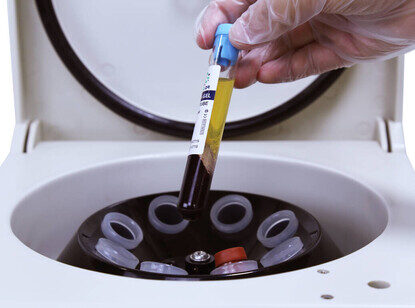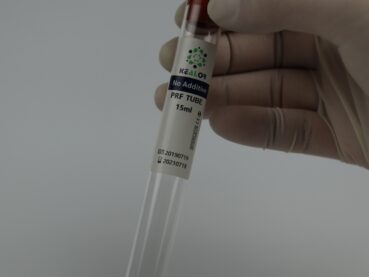Sodium citrate is commonly used as an anticoagulant to prevent blood clotting during the preparation of platelet-rich plasma (PRP). It works by binding to calcium ions in the blood, which are necessary for the formation of clots. While sodium citrate is generally considered safe, there have been some studies that suggest it may have metabolic effects when administered in conjunction with PRP.
One study published in the Journal of the American Medical Association in 2003 found that the administration of sodium citrate in conjunction with PRP caused a transient decrease in serum calcium levels in healthy volunteers. The study also found that the combination of sodium citrate and PRP led to an increase in parathyroid hormone levels, which play a key role in regulating calcium levels in the body.
Another study published in the Journal of Clinical Endocrinology and Metabolism in 2007 investigated the metabolic effects of sodium citrate and PRP in patients undergoing orthopedic surgery. The study found that the combination of sodium citrate and PRP resulted in a transient decrease in serum calcium levels and an increase in serum parathyroid hormone levels.
While these studies suggest that the administration of sodium citrate in conjunction with PRP may have some metabolic effects, it is important to note that these effects were transient and not associated with any significant adverse events. The clinical significance of these findings in terms of patient outcomes is not well established.
In conclusion, while there have been some studies that suggest that the administration of sodium citrate in conjunction with PRP may have metabolic effects, these effects are generally transient and not associated with any significant adverse events. Patients undergoing PRP therapy should be monitored for any potential metabolic effects, and any concerns should be discussed with their healthcare provider.








